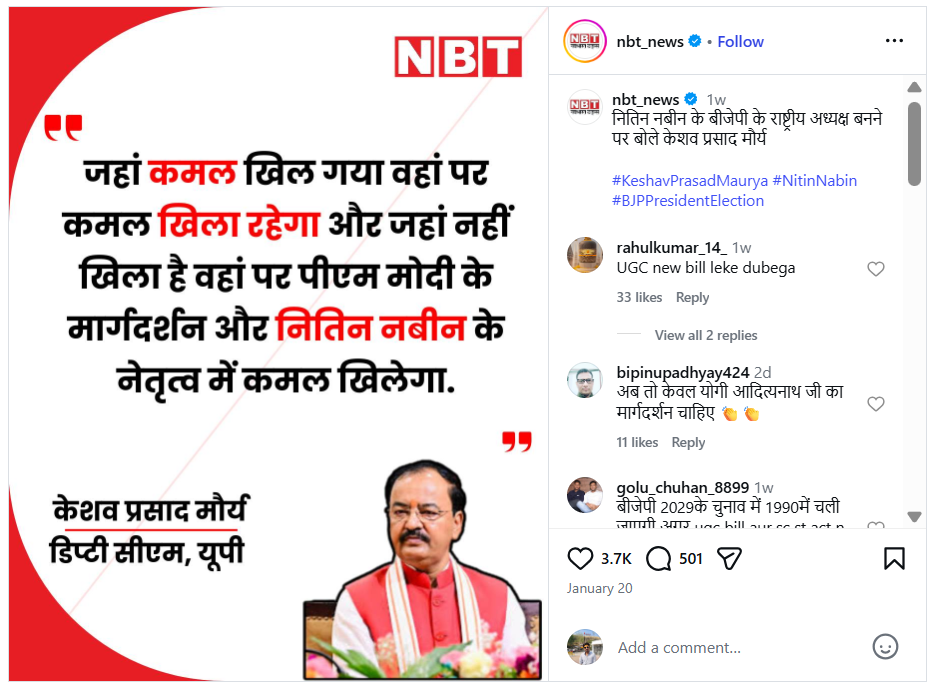Introduction
In today’s digital environment, national security challenges extend well beyond traditional military domains. One growing concern is the unauthorised extraction of information, which is increasingly being used through subtle and gradual methods rather than overt force. Recent advisories point to a rising pattern in which foreign organisations seek to recruit individuals to collect and handle sensitive material, often using financial cybercrime networks as part of their operational ecosystem. This trend has implications for journalists, defence personnel, researchers, students, and academics working in strategic, geopolitical, and security-related fields. The core risk lies in the fact that these activities can proceed quietly and without coercion, with participants sometimes unaware that their actions may contribute to intelligence gathering efforts.
Digital Platforms as Vectors for Targeted Recruitment
Professional networking and job portals have become central to modern career development. The same visibility that supports professional advancement is being misused by others. Foreign entities reportedly use these platforms to identify individuals with experience in journalism, defence services, strategic studies, cybersecurity, and international relations.
Early-career professionals and students from reputed Higher Education Institutions (HEIs) are particularly vulnerable because they seek freelance work, research experience and international partnerships. Initial outreach is often framed as legitimate consultancy, research assistance, or content development work, which creates the impression of professional credibility through normal business operations.
Task-Based Information Extraction
The organisation assigns writing and research duties to new employees, which seem simple to perform. The topics of source-based articles and analytical pieces include the following two subjects about India.
- The first subject examines India's foreign relations with its strategic partnerships.
- The second subject investigates how armed forces operate through different military movements.
- The third subject focuses on defence procurement activities, which include weapon system development and modernisation projects.
- The fourth subject investigates military activities through joint training exercises and war simulation exercises.
The public possesses most of this knowledge, but its threat emerges from the process of collecting and interpreting data with contextual information. The collection of insights from various sources enables organisations to identify operational patterns, strategic priorities and capacity evaluations which go beyond particular data points.
The Financial Cybercrime Nexus
The financial system that pays contributors presents itself as a major problem for this activity. Payments are often routed through:
- Indian bank accounts, including student accounts
- Funds originating from cyber fraud or financial crimes
- Occasional overseas transfers structured to avoid scrutiny
The system establishes a direct connection between financial cybercrime activities and the theft of confidential information, which brings unintentional danger of legal issues and public image damage to those involved. The Indian legal system considers all connections to illegal financial activities as serious offenses even when the person involved did not intend to commit any crime.
Concealed Identities and Data Harvesting
The entities that conduct recruitment activities willfully hide their real identities. The organisation uses intermediaries for their operations, which they present as foreign consulting firms, think tanks and analytics companies. Contributors who have defence or security experience will face requests to provide their personal data, which includes their PAN and Aadhaar information.
The collection of such data raises significant concerns. The system creates permanent privacy hazards that permit unauthorised access to personal data and identity theft and coercive practices. The ultimate use of this information often remains opaque to the individuals providing it.
Why Incremental Leakage Matters
The threat operates silently because it lacks the visibility of major cyberattacks. The combined effect of all articles and research notes becomes dangerous because no single element can cause harm. Hostile organisations can use incremental information leakage to undermine national security because they can analyse their gathered data to create:
- maps of strategic capabilities,
- defence readiness evaluations,
- security and foreign policy narrative control.
The process of information sovereignty erosion occurs through the establishment of undefined boundaries between journalism and academic research, and consultancy and strategic analysis. The lack of clear boundaries between journalism and academic research, consultancy and strategic analysis makes it difficult to determine who is responsible for research outcomes.
The Role of Institutions and Individuals
The universities and media outlets, together with the professional organizations have essential functions in their quest to diminish environmental effects. The organisation should perform the following proactive steps:
- The organisation should organise training programs which will educate people about its services.
- The organisation should require researchers to conduct thorough investigations before they accept paid assignments for research work and writing tasks.
- The organisation should recommend that people do not share their identity documents except when their institution requires it for authentication purposes.
- The organisation should create specific methods to report any suspicious activities that people might encounter.
Students and professionals need to understand that their specialised knowledge and trustworthiness can be used against them. People must protect their digital identities through three actions, which include verifying their affiliations and assessing the complete effects of their daily activities.
Conclusion
Cyber enabled threats to national security increasingly operate in grey zones, which makes their legality, legitimacy, and true intent difficult to assess. The convergence of foreign recruitment efforts, financial cybercrime, and covert information gathering creates a persistent risk that is still not widely recognised or fully understood. The state does not bear exclusive responsibility for protecting sensitive information. National resilience in an interconnected knowledge economy requires organisations to develop three core capacities, which include institutional awareness and restraint and institutional vigilance. Cyber resilience depends on two essential factors, which include secure systems and informed citizens, because data continues to determine power relationships.
References
















